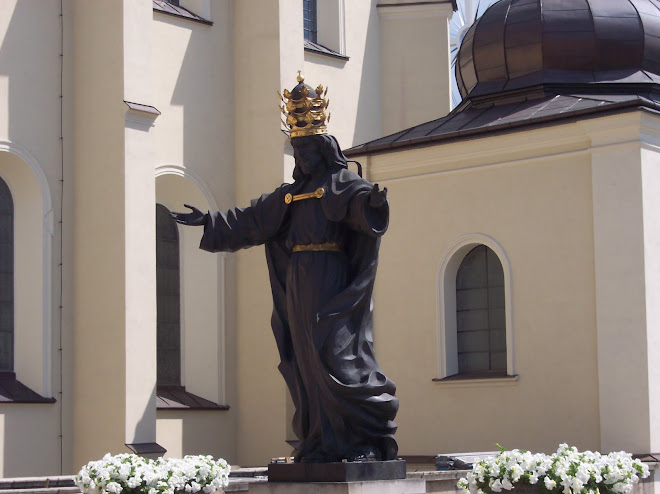Everyone knows it, or of it, but it will bear repetition.
Magnificent - not the word -'noble' is better- in its appropriately laconic, lapidary simplicity, here it is. I think poetry can reach no higher.
Ὦ ξεῖν', ἀγγέλλειν Λακεδαιμονίοις ὅτι τῇδε
κείμεθα, τοῖς κείνων ῥήμασι πειθόμενοι.
My translation, humbly submitted as accurate and prodosically correct, but without pretension to being poetry:
Go tell the Lacedaimonians, passer-by
Obedient to their orders, here we lie.
Your comments, expert or not, are most welcome.
Translation by others, all inaccurate:
o tell the Spartans, thou who passest by,
That here, obedient to their laws, we lie. William Lisle Bowles
Stranger, tell the Spartans that we behaved
as they would wish us to, and are buried here. William Golding
Stranger! To Sparta say, her faithful band
Here lie in death, remembering her command. Francis Hodgson
Stranger, report this word, we pray, to the Spartans, that lying
Here in this spot we remain, faithfully keeping their laws. George Campbell Macaulay
Stranger, bear this message to the Spartans,
that we lie here obedient to their laws. William Roger Paton
Go tell the Spartans, stranger passing by,
that here obedient to their laws we lie. Steven Pressfield
Go, stranger, and to Lacedaemon tell
That here, obeying her behests, we fell. George Rawlinson
Go, way-farer, bear news to Sparta's town
that here, their bidding done, we laid us down. Cyril E. Robinson
Go tell the Spartans, you who read:
We took their orders, and lie here dead. Aubrey de Sélincourt
Friend, tell Lacedaemon
Here we lie
Obedient to our orders. William Shepherd
Oh Stranger, tell the Spartans
That we lie here obedient to their word. From the 1962 film The 300 Spartans
Stranger, go tell the Spartans
That we lie here
True, even to the death
To our Spartan way of life. J. Rufus Fears
Go tell the Spartans, passerby:
That here, by Spartan law, we lie.







































